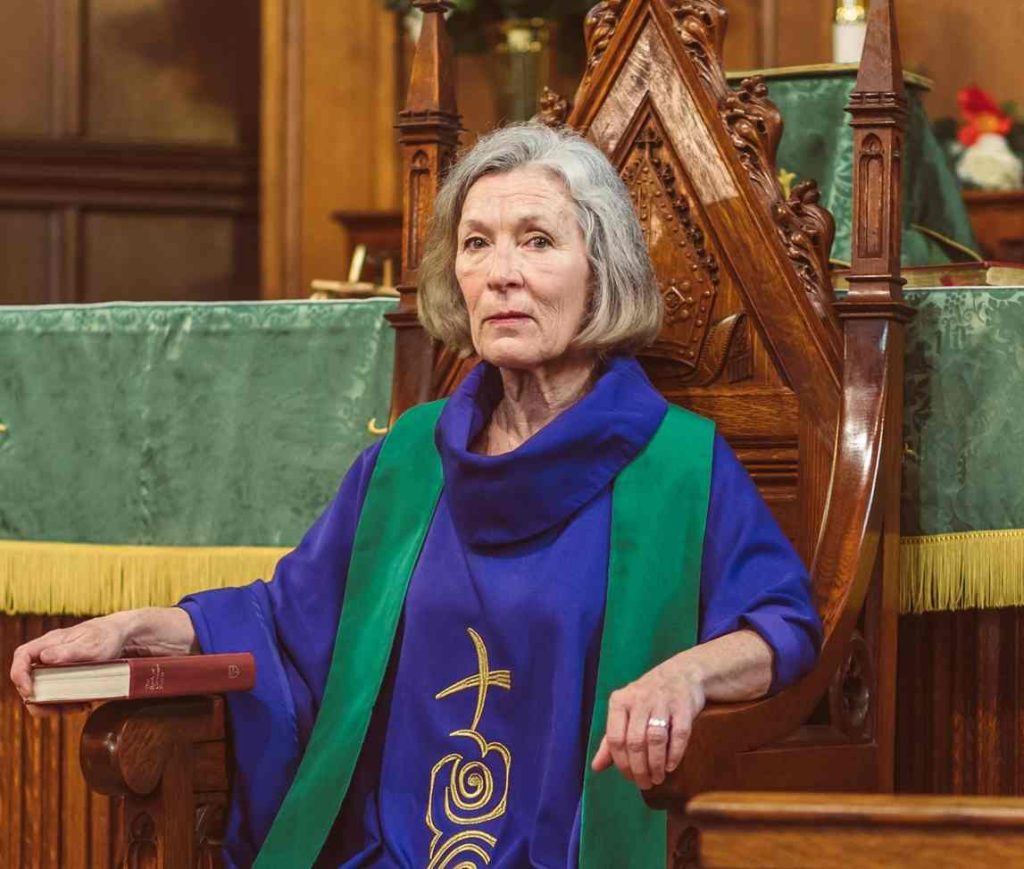
For there to be a female pope, there has to be a female priest first!
The Catholic Church’s current doctrine does not permit women to be ordained as priests, which is the basic requirement for becoming a pope. The Church bases this restriction on tradition and interpretations of scripture, such as Jesus choosing only male apostles.
For example, the Church argues that Jesus chose only male apostles, setting a precedent for an all-male priesthood. Critics counter that this reflects the patriarchal norms of the time, not divine intent, as Jesus also broke social norms by elevating women in other ways.
While some reform groups advocate for the ordination of women, any change in this policy would require a major shift in Church teaching, which is unlikely in the near future. However, in theory, if the Church were to change its stance on women in the priesthood, it could open the possibility for a female pope.
The Catholic Church’s restriction of the priesthood to men is rooted in tradition, theology, and its interpretation of scripture. The primary reasons include:
- Jesus’ Example: The Church teaches that Jesus chose only male apostles, even though he had female disciples like Mary Magdalene. This is seen as a model for the priesthood.
- Representation of Christ: Priests act in persona Christi (“in the person of Christ”) during the sacraments. The Church argues that because Jesus was male, priests must also be male to represent him.
- Tradition: For over 2,000 years, the Church has maintained an all-male priesthood. This continuity is viewed as a reflection of God’s plan.
- Magisterial Teaching: Pope John Paul II affirmed this stance in his 1994 apostolic letter Ordinatio Sacerdotalis, stating the Church has no authority to ordain women and that this teaching is definitive.
Critics argue these reasons are cultural rather than theological, but the Church considers them foundational to its identity. The exclusion of women from the priesthood and leadership roles is seen by many as outdated and discriminatory and some writers have argued that the Church has failed to adapt to modern understandings of equality.
Groups like the Women’s Ordination Conference advocate for women’s ordination, arguing that the Church’s stance undermines its own teachings on human dignity and equality.
Is there ever going to be a female pope?
There is no simple and straightforward answer to the question of whether the Catholic Church will one day see a female pope. Right now, with the current laws of the Church, a female pope is virtually impossible. But who knows what would happen in another 100 or 200 years?
Currently, the Catholic Church’s official teaching excludes the possibility of women becoming priests, which is a prerequisite for becoming pope. Pope John Paul II explicitly stated in Ordinatio Sacerdotalis (1994) that the Church has no authority to ordain women, and this teaching is considered definitive.
However, some factors give a glimmer of hope for change, though it remains unlikely in the near future:
- Evolving Theological Discussions: Some theologians and reform groups within the Church argue for revisiting the tradition, highlighting the role of women in early Christianity and contemporary equality movements.
- Papal Decisions: The pope, as the supreme authority in the Church, could initiate discussions or convene a council to reconsider women’s ordination, though this would face significant resistance.
- Shifts in Leadership Roles: While women cannot currently be priests, recent popes, including Francis, have expanded women’s roles in Church leadership, appointing them to positions once reserved for men. This incremental progress might pave the way for deeper conversations.
In summary, while a female pope is not possible under the current doctrine of the Catholic Church, future developments in theology and leadership could lead to changes—but such a shift would require a profound transformation in the Church’s teachings and global consensus among its leaders.
As we have seen with many situations in the past – everything changes with time. Growing societal pressures, changes in global attitudes toward gender equality, and declining vocations to the priesthood could eventually force the Catholic Church to reconsider its stance over the coming decades. Any such change would likely involve extensive theological debate and possibly an ecumenical council.


